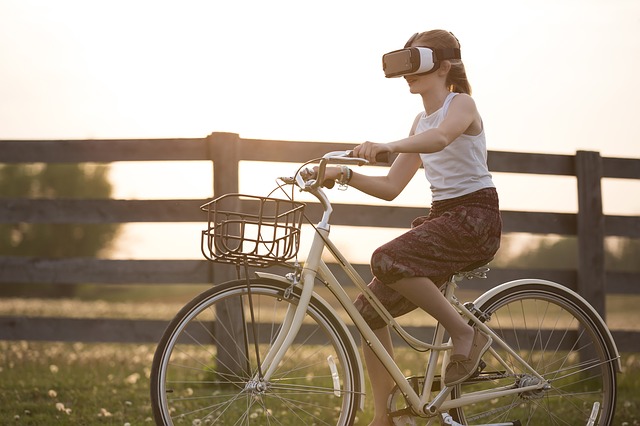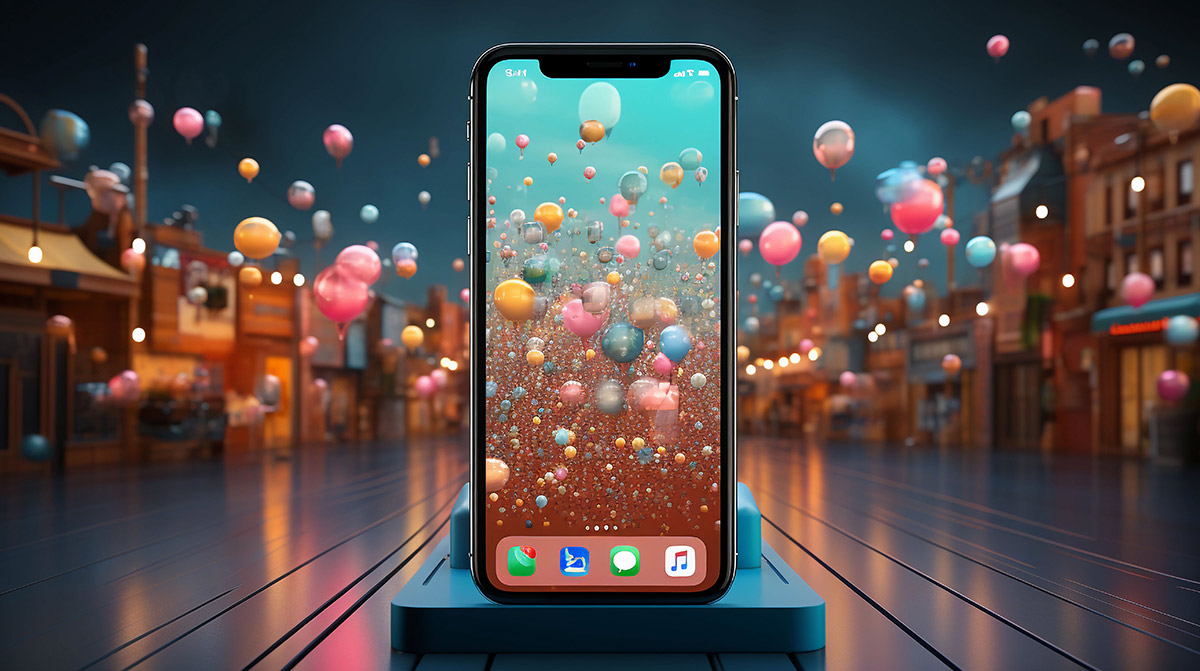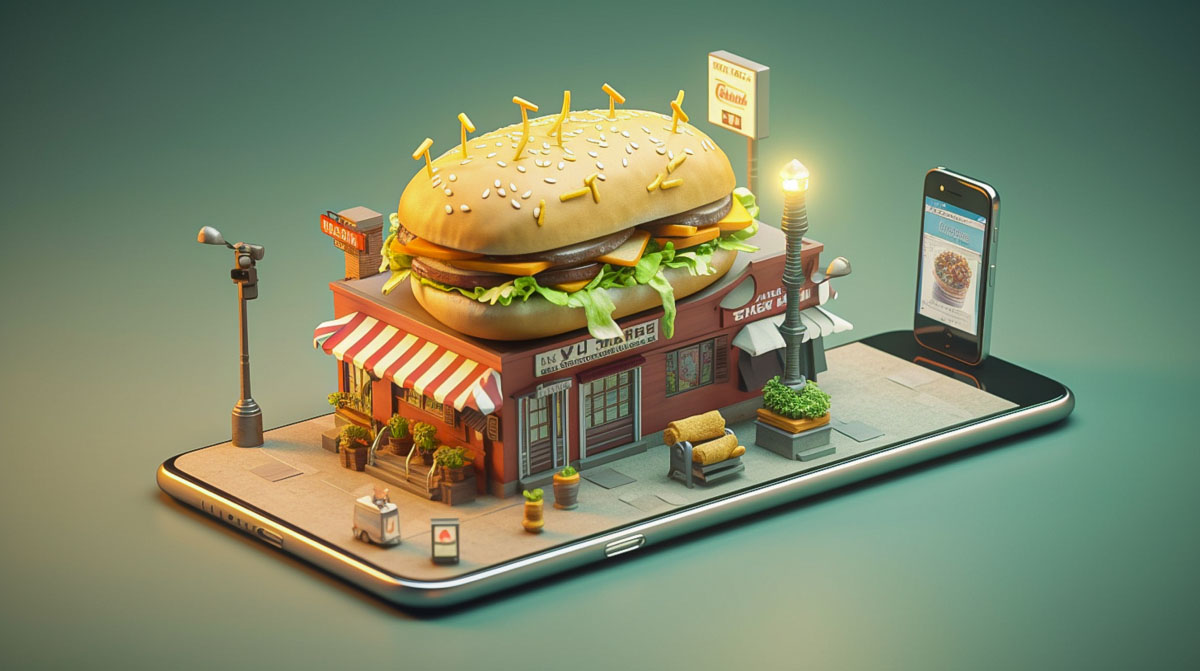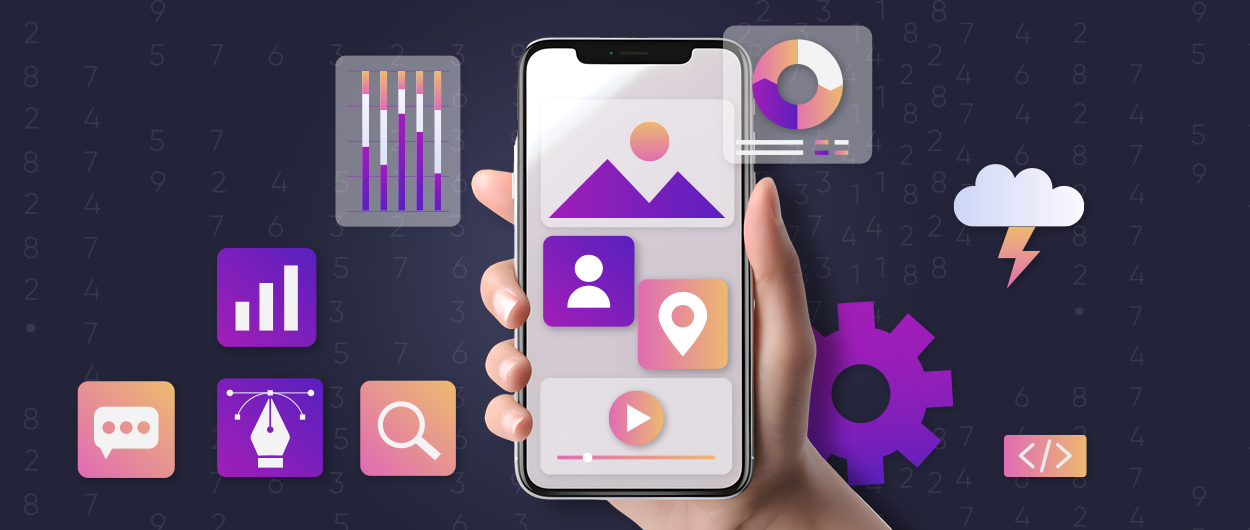Gen Z (birthdate between 1998 and 2008) is born with smartphones in hand. The traditional brick & mortar store shopping isn’t much into their memories. They have grown up experiencing the world connected through smartphones, PCs, laptops, and iPads. Being tech-savvy, Gen Z and millennials research a lot before opting out for any purchase. In US only, they contribute to 40% of the population! Moreover, baby boomers and Gen Y rely more on their opinions before buying online. As per the current trends and future prospects, it’s high time to introduce VR development to accurately showcase your offering to the world.
Virtual Reality (VR) is highly advanced technology that provides an immersive environment that a user believes it’s true and forgets the actual reality. As per the blog post of Thomas Husson, VP & Principal Analyst at Forrester
“In the next decade, we believe that unlike any channel to date, VR will offer highly immersive and intimate experiences with a future integrated with social and IoT.”
Gen Z wants to gain a real experience before actually opting for it.
Whether it’s a vintage watch or a new Google glasses, Gen Z demands the ‘try now & pay later’ offer. The virtual reality (VR) development offers them that experience. They feel more connected to the brand through the immersive experience. It solely depends on the product marketers to provide them that personalized memory they are looking for. The likely chances of buying the product or a service become more with the kind of personalized experience they are provided. The games like Pokémon Go attracts them a lot because the game offers something unique while connected to the reality.
For example, once the application named Pencils of Promise was developed to make the attendees navigate through the school classrooms of Ghana. Being at the different location, the attendees could experience the situation of the children of Ghana. As a result, the community was given more donation to improve the situation much better. Without the experience, the collection would be quite different. So this is the impact of VR.
Gen Z Is More Social Than Ancestors
Through social media, emails and especially smartphones, Gen Z stay connected to any acquaintance came with direct or an indirect contact. They want to establish a strong bond with the community and look forward to diving deeper into it. Nowadays corporate companies are also providing the VR development based environment to them to understand the work premises and the situation better. For example, a county, a farm or a forest is created virtually to make the employees feel connected to the environment and contribute more towards the work.
Gen Z isn’t stereotype and doesn’t like to be typecast at all.
Gen Z is more open and doesn’t like to be boxed into categories. These people are more experience oriented and try newer and innovative concepts available in the market. The marketers need to come up with the strategies that don’t typecast them and yet targets the mass. Virtual Reality (VR) based approach is something that once developed provide a personalized experience to all. It itself if more highly creative and engaging approach. In fact, this one solution can target all age audience right from Gen Z and Gen Y, Millennials to Baby boomers.
Innovations Happening Using VR
Gen Zers are mostly school or college going students. The education sector has a tremendous opportunity to educate them with real-life scenarios without actually getting there. For example, An Aerospace Company Lockheed Martin developed a Mars Experience Bus. What they did was, they transformed a real school bus with screens fitted to all the windows. This virtual bus takes the students to the streets of America as well as on the land of Mars. For an hour or something, the students forgot their existence on the earth feeling connected to Mars only.
Credit: lockheedmartin.com
Moreover, the paleontology study was entirely converted to the Virtual Reality development based 3D simulation environment for researchers. The VR headset can take them into the life science of the Ebola kind of unknown viruses. Using VR simulations, educators can explain the intensity of the subject and prepare the students highly aware of the subject. The research and study advance with high pace after the VR development driven e-learning.
In Future,
The GenZ is about the personalized experience and like to stay more connected to society. Covering them under your marketing campaign will drive not only results from them but also the other generations would also be compelled to take your offering into the consideration. Because the Gen Z is about hyping what they like most and this could be an overnight sensation without spending much. Last year, Walmart invested a huge amount in augmented reality (AR) development, Virtual Reality (VR) development, AI development and cognitive intelligence to grab the Gen Z’s attention and come up with Gen Z friendly innovations.
Related Articles
-
Tips to Improve Your Business Efficiency and Productivity with Mobile Apps
It’s the technology era and everyone out there wants to embrace technology in the best possible way for their benefits. So are the businesses that are now-a-days targeting the mobile
-
Easy Tips to Build a Successful Online Food Business
Hunger pranks are no longer a problem. You can now easily satisfy your taste buds with the most desired food. How? Online food ordering. Yes, have a glance in the
-
Boosting App Performance: Top React Native Optimization Strategies
Improving app performance is essential to providing a smooth user experience, and React Native is a notable mobile development framework. This post examines excellent optimization techniques to improve the performance





